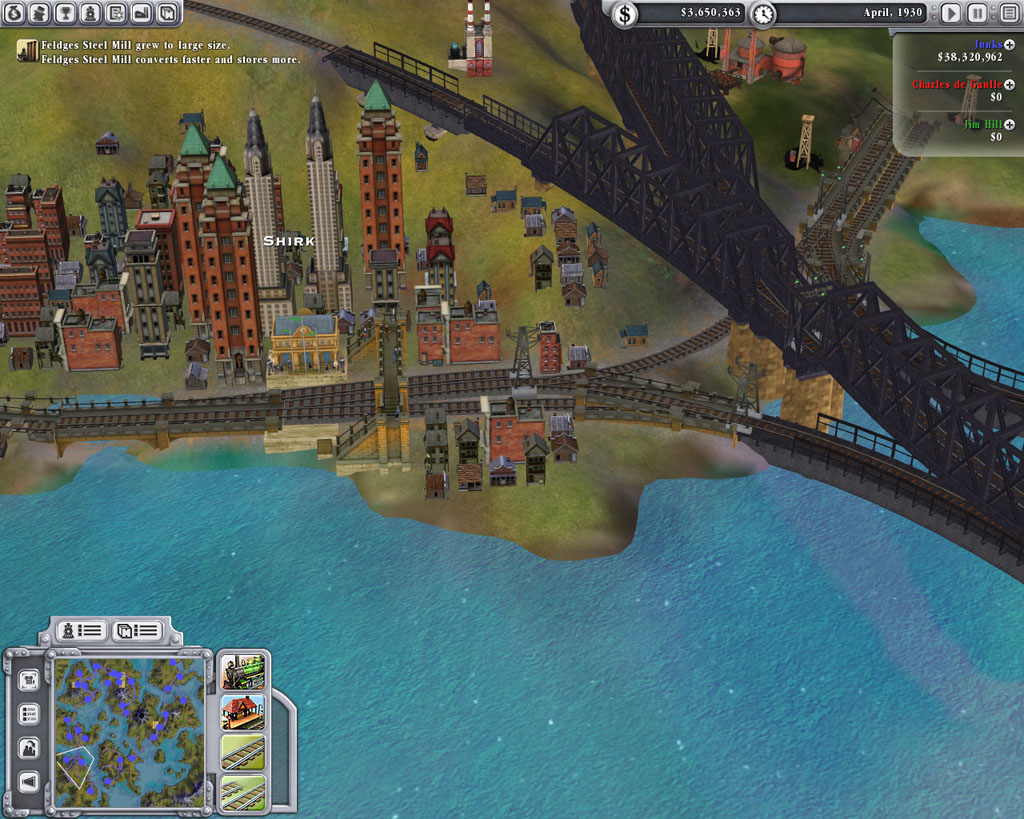

The interior of Bach’s music is a virtual reality as compelling as any videogame, coming complete with an odd interactive quality. And mathematicians tend to find him almost equally alluring: the intricate patterns of his fugues illustrate the mathematical concepts that underlie all music, even as they take on a fragile beauty in their own right, outside the sound that they produce. Often described as the greatest single musical genius in the history of the world, Bach is as close to a universally beloved composer as one can find, as respected by jazz and rock musicians as he is in the classical concert halls. Bach’s music is a perfect illustration of the idea that it’s not the artist that matters, but the connection between us. He includes me in his story, just as I wanted to include my players in my games we make the story together. He can reach across those three hundred years and make me, a man who manipulates electromagnetic circuits with my fingertips on a keyboard, feel just as profoundly as he made an impoverished farmer feel during a traditional rural celebration.

Bach isn’t bogged down in those things - he’s cutting straight to the heart of what we already have in common. I can read a book from eighteenth-century Germany, and find some amount of empathy with the historical figures inside, but there will always be a forced translation of culture, society, and a thousand other details that I can never truly understand. He’s sharing the joys and sorrows of his life in a more universal sense, a language that doesn’t require me to understand the specifics of his situation. The sense I get when I listen to his work is that he’s not telling me his story, but humanity’s story. The music of Johann Sebastian Bach had long been enormously important to Meier, as he wrote in his recent memoir: Never was this more the case than with his very first post- Civilization endeavor, as dramatic a departure from the expected as any game designer has ever dared to make. Sometimes these projects would strike others - not least among them MicroProse’s management team - as almost perversely esoteric. He wouldn’t try to somehow top Civilization in terms of scale and scope, but would rather use the fame and money it had brought him to work on whatever most interested him personally at any given time, whilst maintaining a much more sustainable work-life balance. The Sid Meier who returned to the job months later had a new attitude toward his work. He desperately needed to catch his breath. But now, Meier was finally feeling burnt out, even as his marriage was ending - at least partially the result, no doubt, of all those years spent burning the candle at both ends. Indeed, those three games alone, released within five years of one another, constitute as extraordinary a creative outpouring as the field of gaming has ever known. Meier had maintained an insane pace for the last decade, acting as both lead designer and lead programmer on no less than 21 commercially released games, three of them - Pirates!, Railroad Tycoon, and of course Civilization - universally lauded icons whose influence has remained pervasive to this day.

Asked what he was currently working on during that same interview, his reply was blunt: “Absolutely nothing! I’m going to take it easy for a while.” And truly, if anyone in the games industry deserved a timeout, it was him. Meier’s first decision about his future was an eminently sensible one: he would take a break. Anything he did next seemed destined to be an anticlimax. How could he go back to making games that were merely about something when he had already made the game of everything? “ Civilization was such a big game that it’s hard to find a topic that doesn’t feel as if you were going backwards,” he admitted in an interview in the summer of 1992. Just what do you do next after you’ve created an epic, career-defining masterpiece? That was the question facing Sid Meier after the release of Civilization in the waning days of 1991, after the gushing reviews and the impressive sales figures had begun pouring in to his employer MicroProse.


 0 kommentar(er)
0 kommentar(er)
